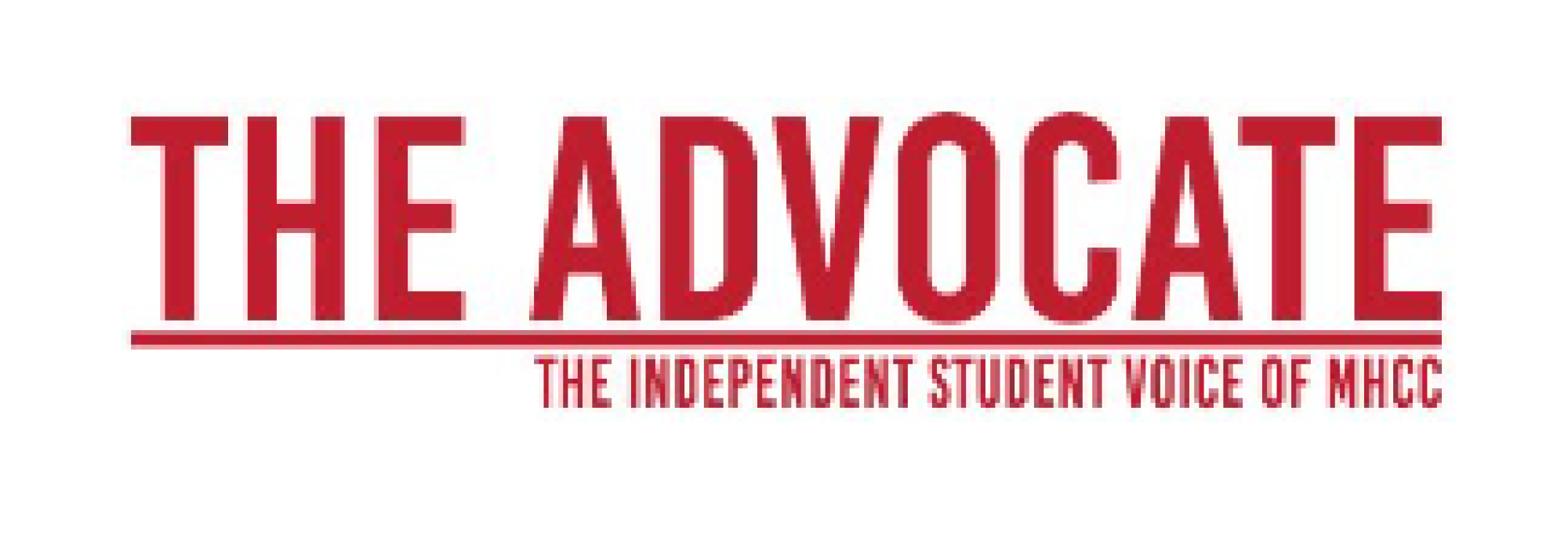- About us
- Adoption In Taiwan
- Reunion Service
- FAQS
-
Related Laws
- The Protection of Children and Youths Welfare and Rights Act
- Civil Code
- Family Act
- Household Registration Act
- Enforcement Rules of the Household Registration Act
- Permit and Management Regulations for Children and Youth Adoption Service Providers
- Information Management and Regulations of Child and Juvenile Adoption
- Regulations Governing Visiting, Residency, and Permanent Residency of Aliens
- Act for Implementation of J.Y. Interpretation No.748

New Look At Adoptee Mental Health
2024/5/23【by Kira Loken, The Advocate】
Hi, I’m Kira. I am a Korean, transracial adoptee from Montana.
In my thirty-something years, I have never thought to openly discuss my adoption story or its unsolicited mental health baggage. Thinking about it, no one has asked. I don’t blame them. It’s personal but also seems odd, given (almost) everyone is getting curious about exploring their mental health.
Even so, the adoptee experience is unique – an unpredictable state of fragility, vulnerability, and curiosity (to list just a few characteristics). Growing up, I went through bouts of feeling abandoned and unwanted. Any song or movie that suggested belonging – you’d best bet I would cry about it later. (Don’t get me started on the scene of Dumbo being gently cradled by his mother in the cage.)
Throughout my teenage years and early twenties, I didn’t think much about the emotional burden of being an adoptee. That came later in life, and to gain a deeper meaning of my own BIPOC adoptee experience I knew further research would be necessary.
Earlier this month, I attended an intimate, online seminar hosted by the nonprofit group, Adoptees United, and VOICES, a BIPOC community, to discuss the delicate topic of mental health among BIPOC adoptees. I wasn’t sure what to expect, as I assume nearly every adoptee experience is individualistic, while maybe some commonalities do resonate. Panelists included clinical counselor Cam Lee Small, MS, LPCC, a transracial adoptee; Shanta Loecker (she/they), a transracial international adoptee and founder of the 75/25 Impact; and Molly Washington, a Split Feather/Lost Bird Native adoptee, serving on the ACLU Lawyers Committee here in Portland.
Moderated by Adoptees United’s president, CS Wright, the experience wasn’t quite what I had expected– it was more.
After their introductions, panelists promptly began sharing their thoughts and experiences. Emotional themes such as abandonment, isolation, anger, and resistance were frequently mentioned as a “shared experience.”
For instance, Small referenced research regarding the ideologies of separation and trauma with BIPOC adoptees experiencing adversity at a young age, something I had never considered. As one of the few children in a small town who was Asian, I had faced racism daily, and until this seminar (cue light bulb moment) didn’t fully grasp how I had been facing adversity since I got to the States. It may explain an abundance of my personal mental health and coping mechanisms.
I learned the journey of exploring mental health as an adoptee can be many things. It could be an unveiling of interpersonal modalities – “self-focused” as Washington stated, “to recognize and honor self-care.” Moving towards sustainable self-care is difficult enough, surrendering our defenses and forgiving ourselves (it is not our fault). While identifying the challenges and joys of being a BIPOC adoptee, we may gain opportunities to discover more objective views and even to see a bigger picture.
SUPPORT FOR SELF, OTHERS
But what is “the bigger picture”?
I interpret it as the observational, educational, and perceived extension(s) of the BIPOC adoptee experience. Beyond exploring ourselves, there are the people who can nurture and challenge our mental health; there is literature (of past and present) to act as a guide and research, because… Well, why not? The reason for continuing education needs no explanation.
Though reframing our lens to see the bigger picture may follow good intentions, consider that it could be a triggering experience. This landscape could include research that finds state and federal laws that are not accessible or equitable for all (aka: health disparities); unearthing traumatic ancestral history; unlearning whiteness; and reshaping our own identity rather than settle for a label already given. How can or how have all of these variables affected our mental health? It may be overwhelming, and that is okay. Washington noted, “Even [when we are] at capacity, it is our responsibility to be present for others” while also being aware of and tending our fatigue.
BIPOC adoptees may fear that exploring mental health is a solitary feat, but it doesn’t have to be. Nonprofits such as BIPOC Adoptees host several in-person and virtual workshops, support groups, and performances. To show support and empowerment for yourself or fellow BIPOC adoptees, invest: Invest financially in BIPOC creatives and resources and emotionally invest in their journey and (if you aren’t sure how), learn to be an advocate.
Reflecting on the recent seminar, I have doubts about my BIPOC adoptee experience. In my head, I’m thinking “I know this, or… I should know this ‘role’ so well,” and yet I’ve been sitting, working on this article for several hours and it’s immobilizing. Yes, I am thirsting to fill a familial void and crave nurturing from someone who has relinquished me. However, identifying these emotions can be beyond frustrating.
For those readers who are, or know someone who is, a BIPOC adoptee, consider gently checking in.
Meantime, as Small notes (which I found most profound), “Do not stay within the past. Live and be in joy as our experience is a human one rather than a rescued one.”
News from: The Advocate

